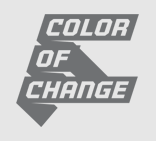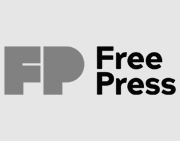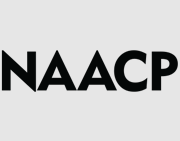
In June 2020, a coalition of organizations launched Stop Hate for Profit with one simple goal: convince social media companies to finally put people over profit. We asked advertisers to join the campaign and pause their spending on Facebook and Instagram ads for the month of July 2020; Facebook must stop valuing profits over hate, bigotry, racism, antisemitism and disinformation.
#StopHateForProfit
The success of the campaign was unmistakable. We forced an unprecedented public examination of Facebook’s deep harms to marginalized communities and the health of our democracy. This didn’t happen overnight. It was built on years of campaigning by civil rights organizations and media responsibility groups. Before these efforts, Facebook fiercely opposed civil rights protections and totally expunging hate unless there were public relations crises to handle.
But our forces combined with the support of more than 1,100 companies, including major corporations and small businesses; more than 100+ nonprofits including racial justice, human rights and labor groups, religious organizations; and countless individuals — sent a clear message to Facebook’s leadership: this does not align with our common values and society is no longer willing to tolerate your inaction and profiting from hate and misinformation.
The campaign garnered enormous attention and support from many, including Facebook employees, platform advertisers, celebrities, civil society groups, and Congress.
Stop Hate for Profit forced Facebook to make a series of concessions to long-standing demands of civil rights organizations. They announced the creation of a senior role to oversee civil rights. They established a dedicated team to study algorithmic racial bias. They publicly released their long-delayed civil rights audit that demonstrated their “vexing” policy decisions were “setbacks for civil rights.” And they finally began taking long overdue action against some hateful movements like Boogaloo.
The campaign succeeded in getting a number of incremental improvements from Facebook when nothing else had worked, but not the bold structural change that was and still is needed. Some of the biggest wins came not from Facebook, but from other social media platforms that were not targeted by the campaign—but clearly hoped to avoid such targeting.
For more information on reducing hate, racism and misinformation online, see ADL’s REPAIR Plan, a six-part framework for lawmakers and technology companies. To learn about the experience of Americans navigating the internet, read ADL’s annual Online Hate and Harassment survey.
#StopHateForProfit








